Nathaniel Grow - Baseball on Trial: The Origin of Baseballs Antitrust Exemption
Here you can read online Nathaniel Grow - Baseball on Trial: The Origin of Baseballs Antitrust Exemption full text of the book (entire story) in english for free. Download pdf and epub, get meaning, cover and reviews about this ebook. year: 2014, publisher: University of Illinois Press, genre: Detective and thriller. Description of the work, (preface) as well as reviews are available. Best literature library LitArk.com created for fans of good reading and offers a wide selection of genres:
Romance novel
Science fiction
Adventure
Detective
Science
History
Home and family
Prose
Art
Politics
Computer
Non-fiction
Religion
Business
Children
Humor
Choose a favorite category and find really read worthwhile books. Enjoy immersion in the world of imagination, feel the emotions of the characters or learn something new for yourself, make an fascinating discovery.
- Book:Baseball on Trial: The Origin of Baseballs Antitrust Exemption
- Author:
- Publisher:University of Illinois Press
- Genre:
- Year:2014
- Rating:3 / 5
- Favourites:Add to favourites
- Your mark:
Baseball on Trial: The Origin of Baseballs Antitrust Exemption: summary, description and annotation
We offer to read an annotation, description, summary or preface (depends on what the author of the book "Baseball on Trial: The Origin of Baseballs Antitrust Exemption" wrote himself). If you haven't found the necessary information about the book — write in the comments, we will try to find it.
The controversial 1922 Federal Baseball Supreme Court ruling held that the business of base ball was not subject to the Sherman Antitrust Act because it did not constitute interstate commerce. In Baseball on Trial, legal scholar Nathaniel Grow defies conventional wisdom to explain why the unanimous Supreme Court opinion authored by Justice Oliver Wendell Holmes, which gave rise to Major League Baseballs exemption from antitrust law, was correct given the circumstances of the time.
Currently a billion dollar enterprise, professional baseball teams crisscross the country while the games are broadcast via radio, television, and internet coast to coast. The sheer scope of this activity would seem to embody the phrase interstate commerce. Yet baseball is the only professional sportindeed the sole industryin the United States that currently benefits from a judicially constructed antitrust immunity. How could this be?
Drawing upon recently released documents from the National Baseball Hall of Fame, Grow analyzes how the Supreme Court reached this seemingly peculiar result by tracing the Federal Baseball litigation from its roots in 1914 to its resolution in 1922, in the process uncovering significant new details about the proceedings. Grow observes that while interstate commerce was measured at the time by the exchange of tangible goods, baseball teams in the 1910s merely provided live entertainment to their fans, while radio was a fledgling technology that had little impact on the sport. The book ultimately concludes that, despite the frequent criticism of the opinion, the Supreme Courts decision was consistent with the conditions and legal climate of the early twentieth century.|
CoverTitleContentsAcknowledgmentsIntroduction1. The Rivalry Begins2. The Opening Salvos3. The Federal League Strikes Back4. The Landis Case5. The Long Wait6. An Aborted Trial7. Baltimore Goes to Trial, Again8. The Defense and Verdict9. The Appeal and Final DecisionEpilogueNotesBibliographyIndex|
Larry Ritter Book Award, Society for American Baseball Research (SABR), 2015. Finalist, Seymour Medal, Society for American Baseball Research (SABR), 2015. David J. Langum Sr. Prize for American Legal History/Biography, Langum Charitable Trust, 2014. Society for American Baseball Research (SABR)
Larry Ritter Book Award, Society for American Baseball Research (SABR), 2015. Finalist, Seymour Medal, Society for American Baseball Research (SABR), 2015. David J. Langum Sr. Prize for American Legal History/Biography, Langum Charitable Trust, 2014. Society for American Baseball Research (SABR)
Larry Ritter Book Award, Society for American Baseball Research (SABR), 2015. Finalist, Seymour Medal, Society for American Baseball Research (SABR), 2015. David J. Langum Sr. Prize for American Legal History/Biography, Langum Charitable Trust, 2014. Langum Charitable Trust
|Nathaniel Grow is an associate professor of business law and ethics at the Kelley School of Business at Indiana University.
Nathaniel Grow: author's other books
Who wrote Baseball on Trial: The Origin of Baseballs Antitrust Exemption? Find out the surname, the name of the author of the book and a list of all author's works by series.

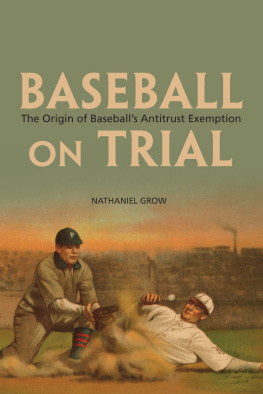
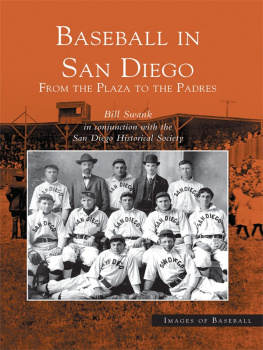

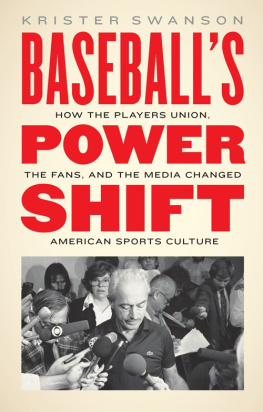
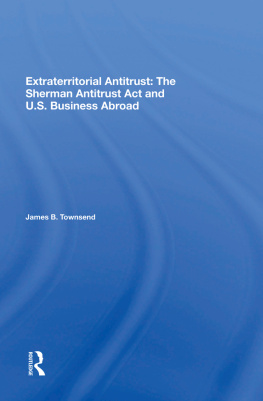
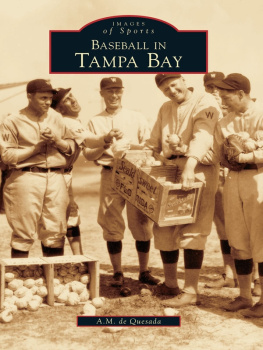
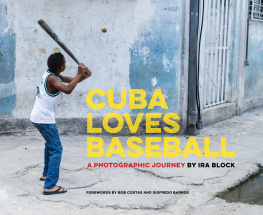
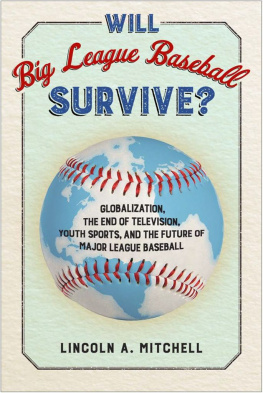

 This book is printed on acid-free paper.
This book is printed on acid-free paper.